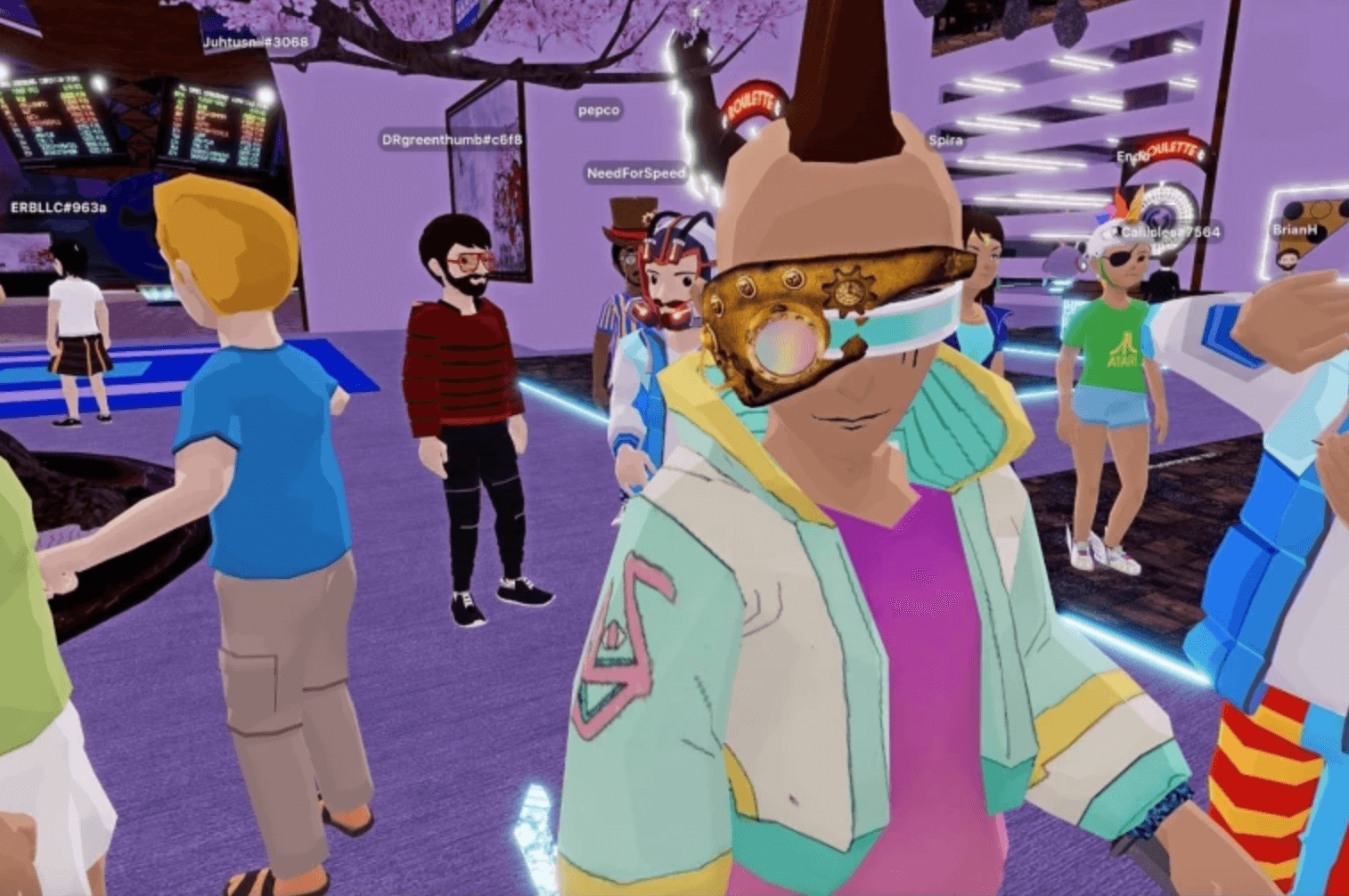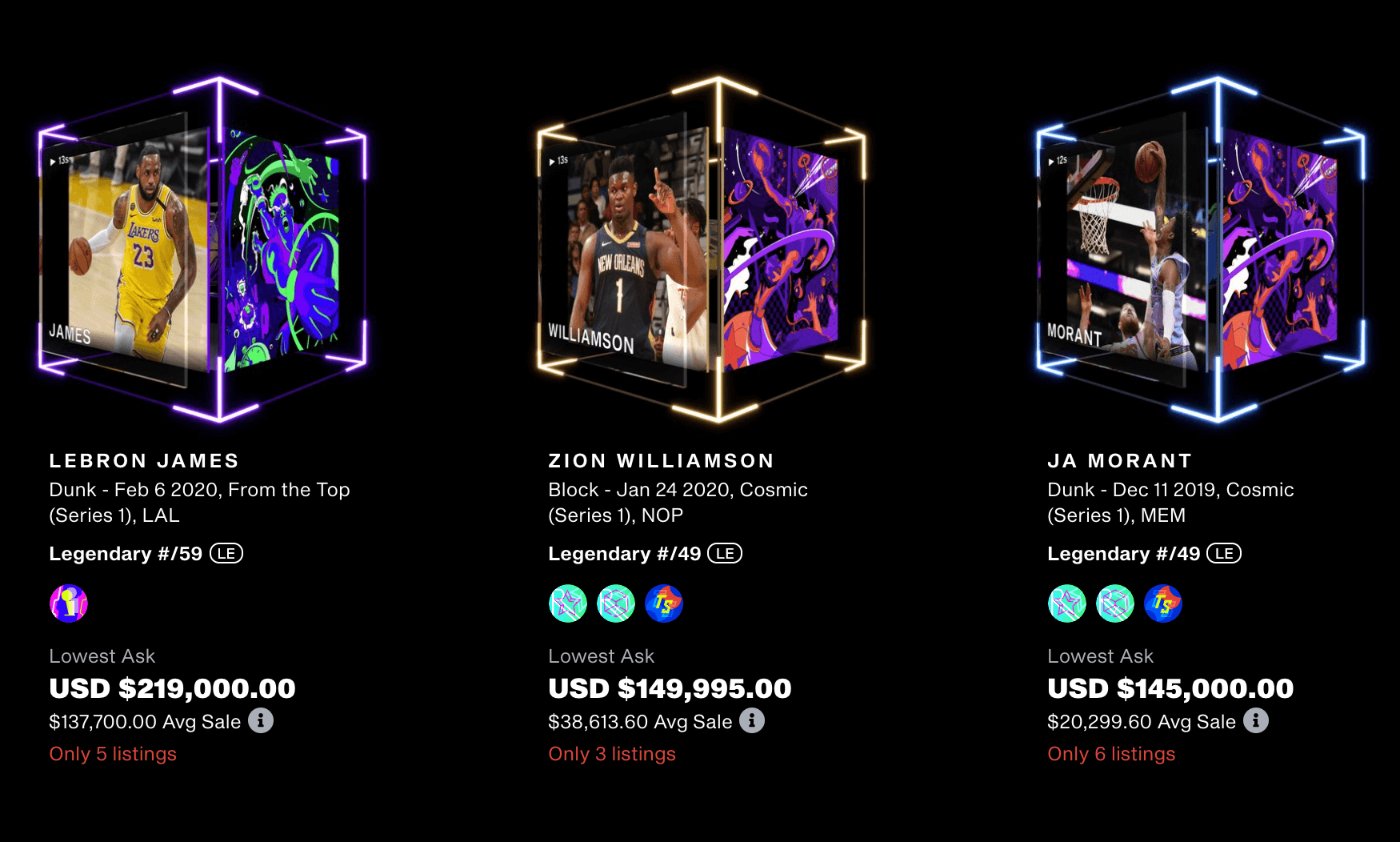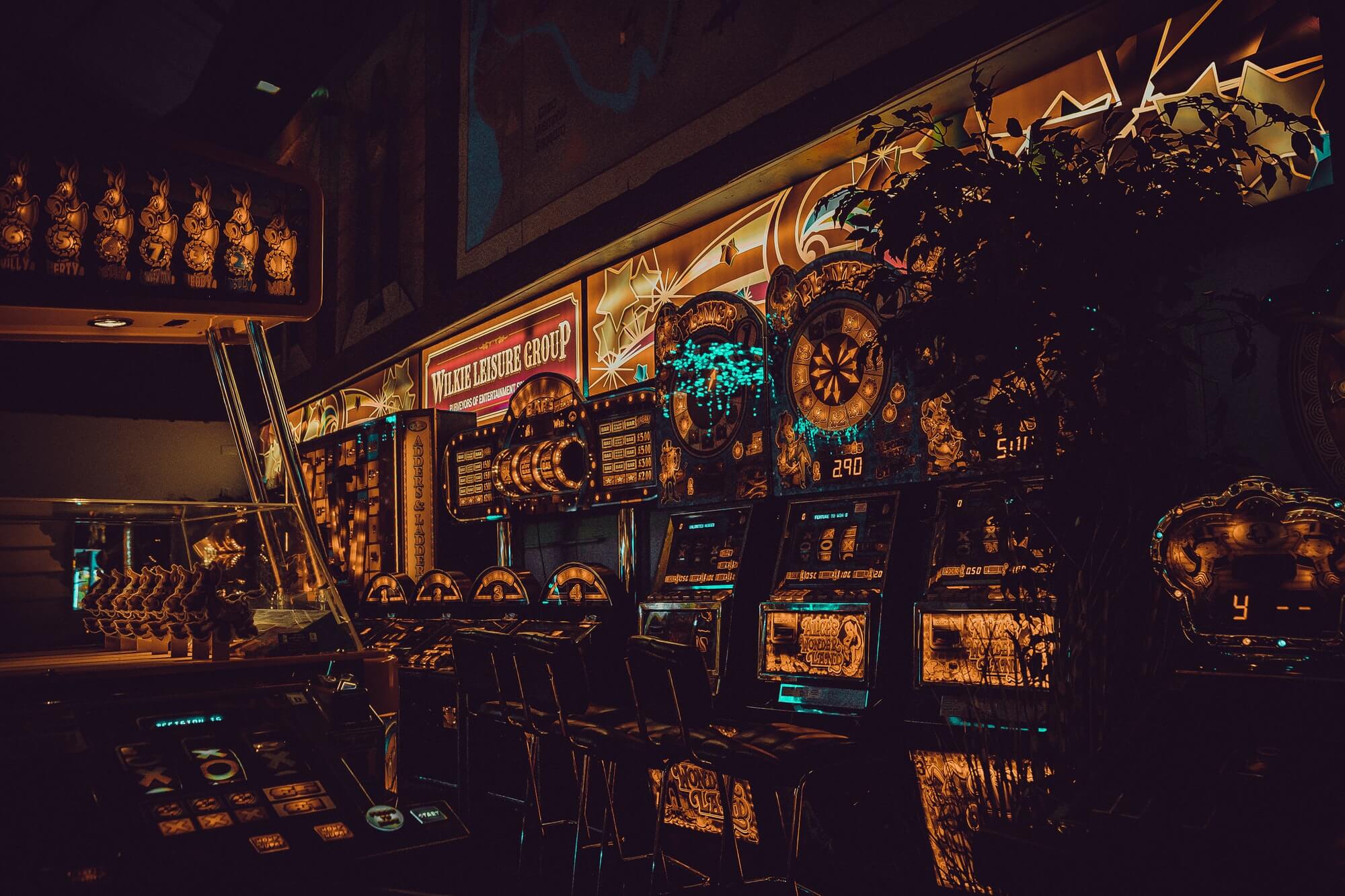This Morning On Chain
Last week in Crypto: FTX preventing NFT royalties, a survey of Crypto SDKs for gaming, US Bitcoin mining, and more.

FTX.US Will Not List NFT Projects Offering Holder Royalties
Crypto marketplace FTX drew criticism last week when its American outlet, FTX.US, announced that its new non-fungible token (NFT) marketplace would not list projects rewarding royalties to NFT holders. FTX.US joins OpenSea, the world's largest Ethereum NFT marketplace, in delisting holder royalty projects.
NFT Royalties
The blockchain allows NFT creators to claim royalties on primary and secondary sales, regardless of where the sale takes place. Depending on the project, NFT holders, the people who own the NFT, may also receive royalties for secondary sales of NFTs from the same collection.
Unfortunately, many believe the U.S. Securities and Exchange Commission will consider an NFT to be a security if its holders can claim royalties. This places a regulatory burden on the marketplaces selling the NFTs in the US that the marketplace, and likely the project, cannot meet due to their decentralized nature.
FTX.US explains, “We will list NFT projects that pay royalties to the artists/creators, but we can’t list those projects which distribute the royalties from collection sales to NFT holders. A token which guarantees you a percentage income stream from the sales of a pool of assets starts to look like a security.” FTX.US is centralized and is registered to do financial business in the US. The NFT marketplace at FTX.US allows fiat transactions and requires customers to complete a KYC process.
NFT Projects React
NFT projects have generally been upset with FTX.US and OpenSea because they see this as evidence of the major centralized exchanges dictating the structure of NFT projects. NFT projects believe that if the major exchanges refuse to list a project, they may struggle to gain traction. Unfortunately, the US market is so large that many major exchanges will adhere to US law if possible.
FTX.US is the first major crypto exchange to offer a Solana NFT marketplace, and its announcement sent shockwaves through the Solana NFT community.
Meerkat Millionaires Country Club spoke out against FTX, claiming that FTX.US supported their project initially but now refuses to list it. Meerkats will still be available on decentralized exchanges like Solanart and Alpha.Art.Other projects, such as Turtles and Solarians, had previously announced holder royalties but are now changing course to meet FTX.US's requirements. Turtles claims it cut holder royalties specifically to access FTX's liquidity, “We wanted to be on FTX because we thought FTX can bring us more people and more liquidity.”

Crypto Projects Offering Mobile Game SDKs
Unity is a cross-platform video game development engine that is most popular with independent and mobile game developers. Since Unity game developers tend to work on smaller projects, they're more likely to integrate blockchain into their games using off-the-shelf solutions, such as software development kits (SDKs).
In gaming, blockchains can be used to create and manage characters, in-game assets such as weapons, in-game currency transactions, and to run the in-game marketplace. Characters and assets can be minted as NFTs and traded inside the game or sold in external marketplaces.
Several crypto projects maintain Unity SDKs:
Decentraland (MANA) ($1.3 billion market cap) - Decentraland is a large metaverse and NFT gaming platform with digital real estate and collectibles. Decentraland offers several gaming SDKs for integrating into Decentraland.
Enjin Coin (ENJ) ($1.3 billion market cap) - Enjin is a blockchain platform and marketplace for NFTs focused on enterprise and gaming. Enjin offers SDKs for the entire in-game NFT character/asset lifecycle--from minting to the marketplace. Every token minted in a game using the Enjin platform is directly backed by ENJ, so items purchased in games running on Enjin are backed by real-world currency.
Stratis (STRAX) ($286 million market cap) - Stratis is an enterprise and gaming blockchain solution with a Unity SDK. Stratis claims it can handle transactions with fees 99% lower than Ethereum.
Metadium (META) ($128 million market cap) - Metadium offers a Unity SDK for decentralized identity (DID) management with support for two-factor and biometric authentication.
DareNFT (DNFT) - DareNFT is launching a solution for onboarding traditional games to the blockchain.

US Takes the Lead In Mining, China at 0%
According to a report by the Cambridge Centre for Alternative Finance (CBECI), the US now has the largest share of the Bitcoin mining hash rate at 35.4% of the network total. This is the first time that the US has listed at the top of hash rate share, and its share is climbing. So what’s caused the sharp increase in the US hash rate? Earlier this year, we saw China ban cryptocurrency mining, which resulted in miners either leaving China or selling off their hardware. Beyond that, cryptocurrency has become much more mainstream, resulting in more individuals being involved in mining.
Finally, there are large companies being built around mining infrastructure. There are now a number of hardware offerings made specifically for crypto mining, there are companies that will host your mining rigs and maintain them, and there are individual companies building large mining operations. Most of these large companies are based in the US.
In the CBECI report, China mining operations have dropped to 0% of the total network hash rate. CBECI was quick to note that all of these numbers are estimates with some margin of error in there, since VPNs can cause the location reports to be wrong. “To our knowledge, there is little evidence of large mining operations in Germany or Ireland that would justify these figures. Their share is likely significantly inflated due to redirected IP addresses via the use of VPN or proxy services.”
The top four countries by percentage of hash rate are:
- US --- 35.4%
- Kazakhstan --- 18.1%
- Russia --- 11.2%
- Canada --- 9.5%

Pro Sports NFTs: On-Chain and Officially Licensed
The non-fungible token (NFT) landscape is dominated by original art projects, such as CryptoPunks, Bored Ape Yacht Club, and CryptoKitties. As the NFT market matures, existing corporations are entering the space using their brands and intellectual property to create NFT games and collectibles.
Professional sports is well situated to enter the NFT space. Sports gambling, fantasy sports, and sports card and memorabilia collecting are all large spaces that can be brought on-chain. Current actors in this space include current and retired athletes, individual teams, and entire leagues.
Sports NFT projects tend to take two forms: collectibles and fantasy sports. The two major companies developing NFT projects with teams and leagues are Dapper Labs in the United States and Sorare for world soccer.
Collectibles
Dapper Labs, maker of NBA Top Shot, helps corporate customers launch and maintain blockchain-based experiences and digital collectibles. Dapper products operate on the Flow (FLOW) blockchain. Dapper tends to make collectible trading card NFTs that contain a video clip. NBA Top Shot is the most popular example of this product, and Dapper has signed a deal with the National Football League (NFL) and Ultimate Fighting Championship (UFC) to create similar products.
Major League Baseball (MLB) has partnered with Candy Digital to develop video highlight collectible NFT cards, similar to NBA Top Shot, on the Ethereum blockchain. The MLB also has an NFT trading card deal with Topps, developed on Avalanche (AVAX). The National Hockey League has allowed individual teams to launch their own NFT products, led by the New Jersey Devils.
Fantasy Sports
Sorare dominates the soccer NFT market. Sorare is a fantasy sports and trading card collectible game featuring professional soccer players from 178 clubs in 37 leagues.
Players can buy and sell Sorare cards on NFT marketplaces, and Sorare operates on the Ethereum blockchain. Sorare cards are used in fantasy sports contests, where players compete for Ethereum and rare Sorare cards. To compete, a gamer builds a roster using Sorare player cards. The scoring is based on real-life stats of the soccer players over a set time period.Sorare is a French startup from Ubisoft's Entrepreneurs Lab accelerator that raised $680 million at a $4.3 billion valuation last month. Sorare has over 600,000 registered users and OpenSea has over 325,000 Sorare cards for sale by 20,000 owners.

Steam Bans NFT Games, Epic Welcomes Them
This week Valve, the company behind the popular game platform Steam, updated their terms and conditions for listing a company on their marketplace to prevent “Applications built on blockchain technology that issue or allow exchange of cryptocurrencies or NFTs.” Within hours of Steam updating their terms of service, they removed every current and upcoming NFT game on the marketplace.
Age of Rust, an NFT puzzle game that was removed from Steam by this change, spoke about communications they’ve been having behind the scenes before this change. According to the team, Valve’s stance was that they did not want to list games that had items with real-world value on their platform.
Hours after this story broke, Epic Games, a major competitor to Valve, publicly took that stance that they support blockchain innovations in gaming. Their gaming platform is still in closed beta, so the games removed from Steam can’t immediately jump over to Epic--they have to manually be approved to be listed. Epic CEO Tim Sweeney clarified that they have no intention of using NFTs in their games, but they “welcome games that make use of blockchain tech provided they follow the relevant laws, disclose their terms, and are age-rated by an appropriate group.”

